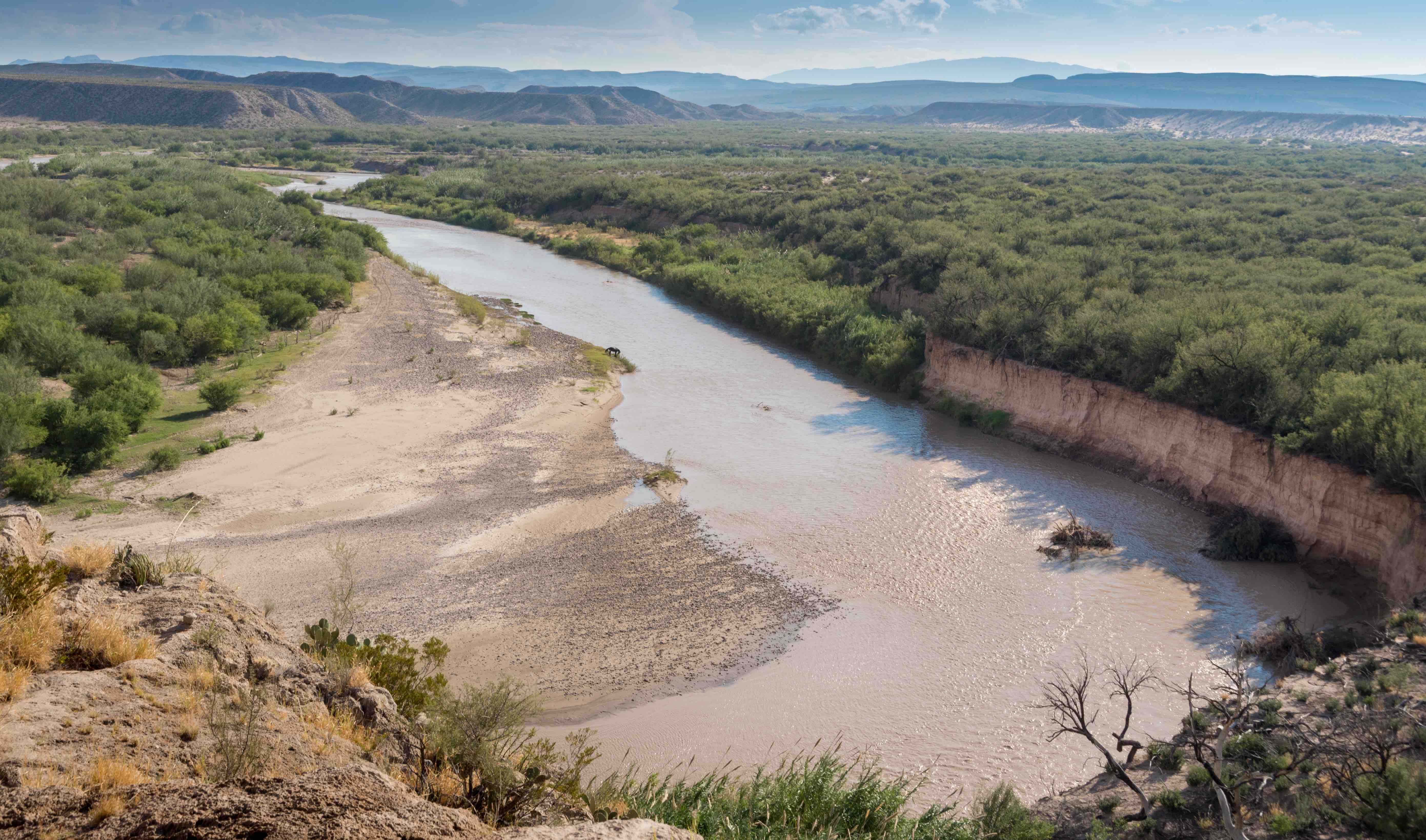Óscar Alberto Martínez Ramirez and his 23-month-old daughter, Valeria, had a story. But with one photo, their narrative was reduced to the most tragic moment of their and their families’ lives. On Monday, the world saw the pair face down in shallow water along a bank on the Rio Grande. The photo, captured by Julia Le Luc, has since made its way into all corners of the internet, oftentimes without any way for people to avoid it. While some believe it’s necessary to illustrate the detestable treatment of Central American immigrants and believe this graphic photo can stimulate action, I believe it’s exploitative and unnecessary.
Many immigrants know what it’s like to feel this desperation. With the Trump Administration trying to keep asylum seekers from reaching the border, where they are entitled to ask for this protection, Óscar and his family, who came from El Salvador, were forced to stay in Mexico. But instead of staying, Óscar took Valeria across the river, because he saw no other choice.
I believe it’s exploitative and unnecessary.
Growing up as a Guatemalan immigrant in Florida, I remember waiting by the phone with my parents to hear any news about relatives coming across the border. We felt anxious and afraid while waiting to hear news about their journey. During those times, we were processing the horrible deaths at the border, such as the 19 immigrants who died by asphyxiation in a truck trying to cross into Texas in 2003. I grew up listening to stories in Spanish-language news media about grieving families losing their loved ones due to their attempts to enter the United States.
With these stories in mind, I was hurt and saddened when I learned about the deaths of Óscar and Valeria. For years, we’ve had these heartbreaking stories to contend with as a community, but particularly in the era of Trump, they’ve become part of a national conversation about families fleeing Central America. And that means that our pain is plastered all over social media for all to see.

But this is wrong – on the most basic level. Photos like these are dehumanizing and disrespect the victims. We don’t need to see the tragic way their lives came to an end to understand what happened. Words are powerful, too. Sharing the image reinforces that it’s OK to show the pain of Black and brown bodies.
Instead, I believe their story would be better told with photos of them alive – as they truly were. Their family’s trauma should not be a political shock piece. We can – and should – stand against the atrocities happening at the border, but we can do that respectfully without sharing such an explicit image.
From a journalistic perspective, using this photo is irresponsible. As the Society of Professional Journalists outlines in its code of ethics, the media should try to minimize harm. It should “avoid pandering to lurid curiosity” and take “show compassion for those who may be affected by news coverage.” Outlets who shared this image did neither.
Compassion shouldn’t hinge on the degradation of marginalized communities.
Some have drawn similarities between this photo and that of Alan Kurdi, the Syrian toddler who drowned in the Mediterranean Sea in 2015. And while that may have motivated people to take action, compassion shouldn’t hinge on the degradation of marginalized communities.
Either way, I fear this photo won’t be enough to change minds and hearts. After all, we heard the wails of children separated from their parents, and look at where we are. With the amount of reporting from the border, first-hand accounts, and more horrific stories that make our way to us, it’s unlikely this image will sway many who aren’t already outraged. This is, after all, a country where photos capturing lynchings of African Americans, suffering of Indigenous people, and the effects of US interventionism in Central America and elsewhere hasn’t stopped the oppression of communities of color. Instead, all this photo serves to do is retraumatize us.
This tragedy is the result of a callous nation and its co-conspirators, such as the Mexican government. As our feeds focus only on our suffering, I propose we celebrate our courage. Óscar and Valeria lived and fought for a safer future.
Central American immigrants deserve respect for their humanity when they’re alive. We should not have to wait until their deaths to take action.







